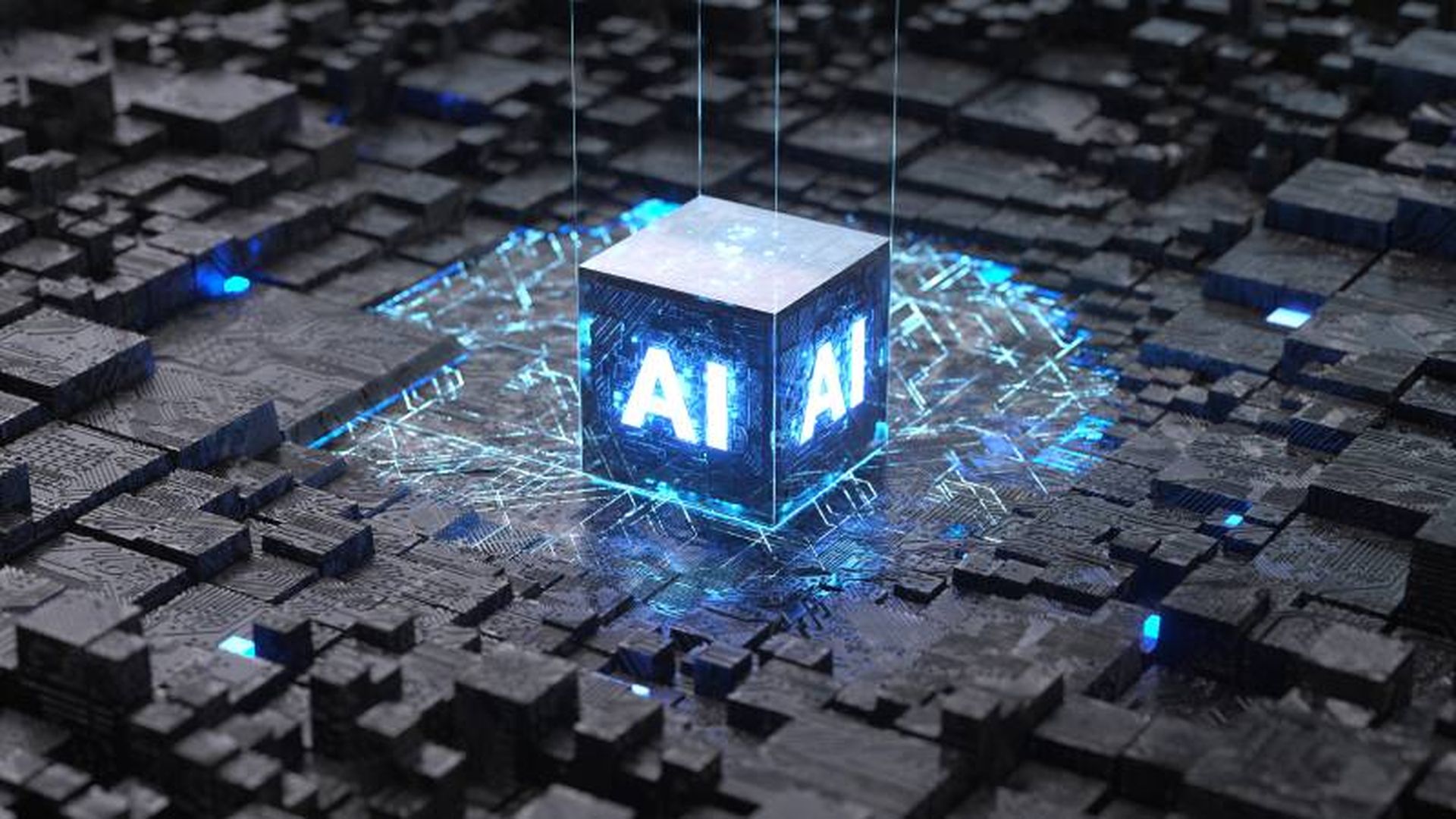A recent Gartner survey of senior risk and assurance executives reveals that AI-driven cyberattacks are now the leading security concern, with 80% of respondents identifying these threats as their primary risk, TechRepublic reports.
Increasingly sophisticated AI tools enable attackers to automate malware generation, craft realistic phishing messages, and execute large-scale distributed denial-of-service attacks. Security firm Vipre noted that business email compromise attacks surged by 20% in the second quarter, with nearly 40% of attacks generated by AI targeting senior executives and IT teams.
Other pressing risks identified include AI-assisted misinformation, political polarization, and over-dependence on key IT vendors. This vendor reliance, exemplified by a recent incident involving CrowdStrike that disrupted essential services worldwide, poses a critical challenge as many organizations rely on interconnected third-party services. Additionally, malicious actors continue to leverage AI to lower the entry barrier for cybercrime, evidenced by a rise in deepfake scams, zero-day vulnerabilities, and more. Security researchers expect these AI-enabled attacks to increase as attackers gain proficiency, with Gartner forecasting that by 2025, nearly half of businesses will face software supply chain attacks.




